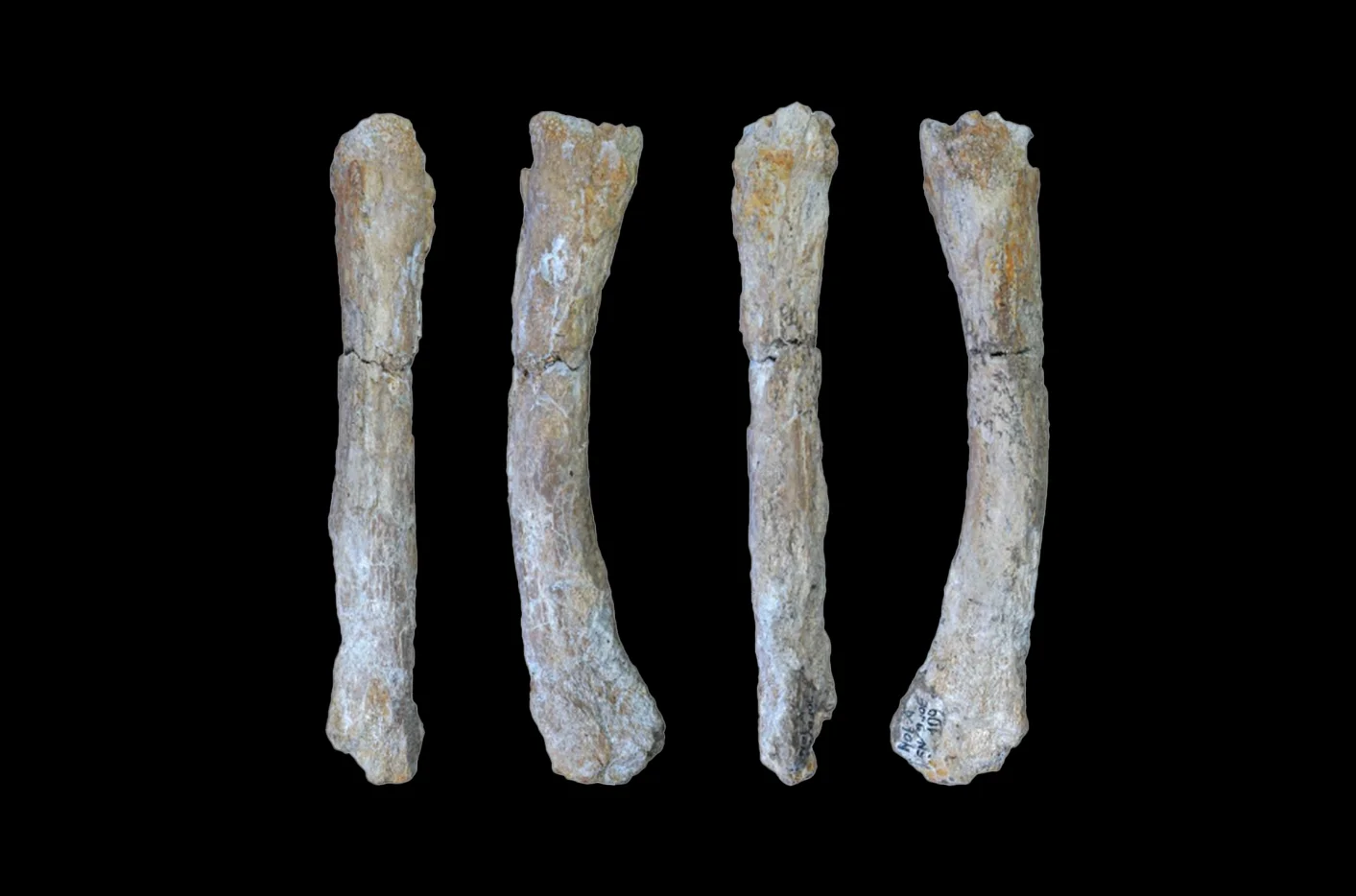Scientists have identified the skeletal remains of Panthera spelaea at the Notarchirico site in southern Italy.
Panthera spelaea, also known as the cave lion or steppe lion, is a distinct Panthera species that evolved isolated from the modern lion (Panthera leo).
The species inhabited areas from Western Europe to eastern Beringia in North America, eventually becoming extinct around 13,000-years-ago due to human activities, the decline of the mammoth steppe, and shifts in the herbivore community.
The skeletal remains were found in the Palaeolithic site of Notarchirico (Venosa Basin), located in the Basilicata region of Italy, which according to the researchers dates from around 600,000-years-ago.
“This is the oldest evidence so far of this extinct cat in southern Europe. The early presence of this feline could also help explain the factors that allowed the expansion of the Acheulian culture on the European continent,” said the Catalan Institute of Human Paleoecology and Social Evolution.
The Acheulian culture, which emerged in Europe more than 600,000 years ago during the transition between the Early and Middle Pleistocene appears to have occurred during the spread of large mammals such as Panthera spelaea.
“During this period, the rhythm of the cycles of the glacial and interglacial periods changed. The cycles became longer, extending from approximately 40,000 years to 100,000 years. This was accompanied by strong and recurrent climatic and environmental changes”, affirms Iannucci. This would have meant great demands for the ecological and behavioural adaptation of humans and other species at the time.
Header Image Credit : IPHES
Sources : IPHES | Early occurrence of lion (Panthera spelaea) at the Middle Pleistocene Acheulean site of Notarchirico (MIS 16, Italy). https://doi.org/10.1002/jqs.3639





